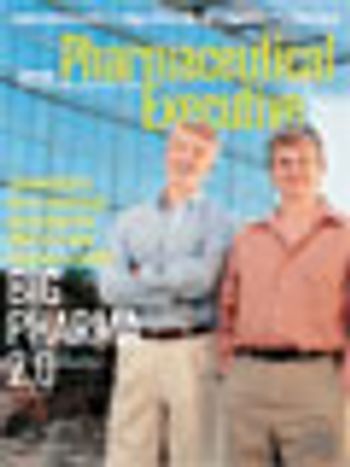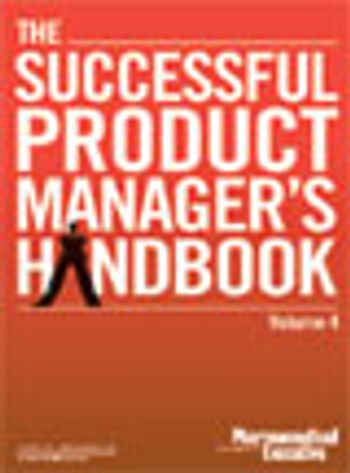
Pharmaceutical Executive
In an opinion piece in the September 8 New England Journal of Medicine, Harvard medical professor and long-time industry critic Jerry Avorn takes a whack at FDA, accusing the agency of practicing a level of science that wouldn’t pass muster anywhere else in research-science that’s only "good enough for government work.";


